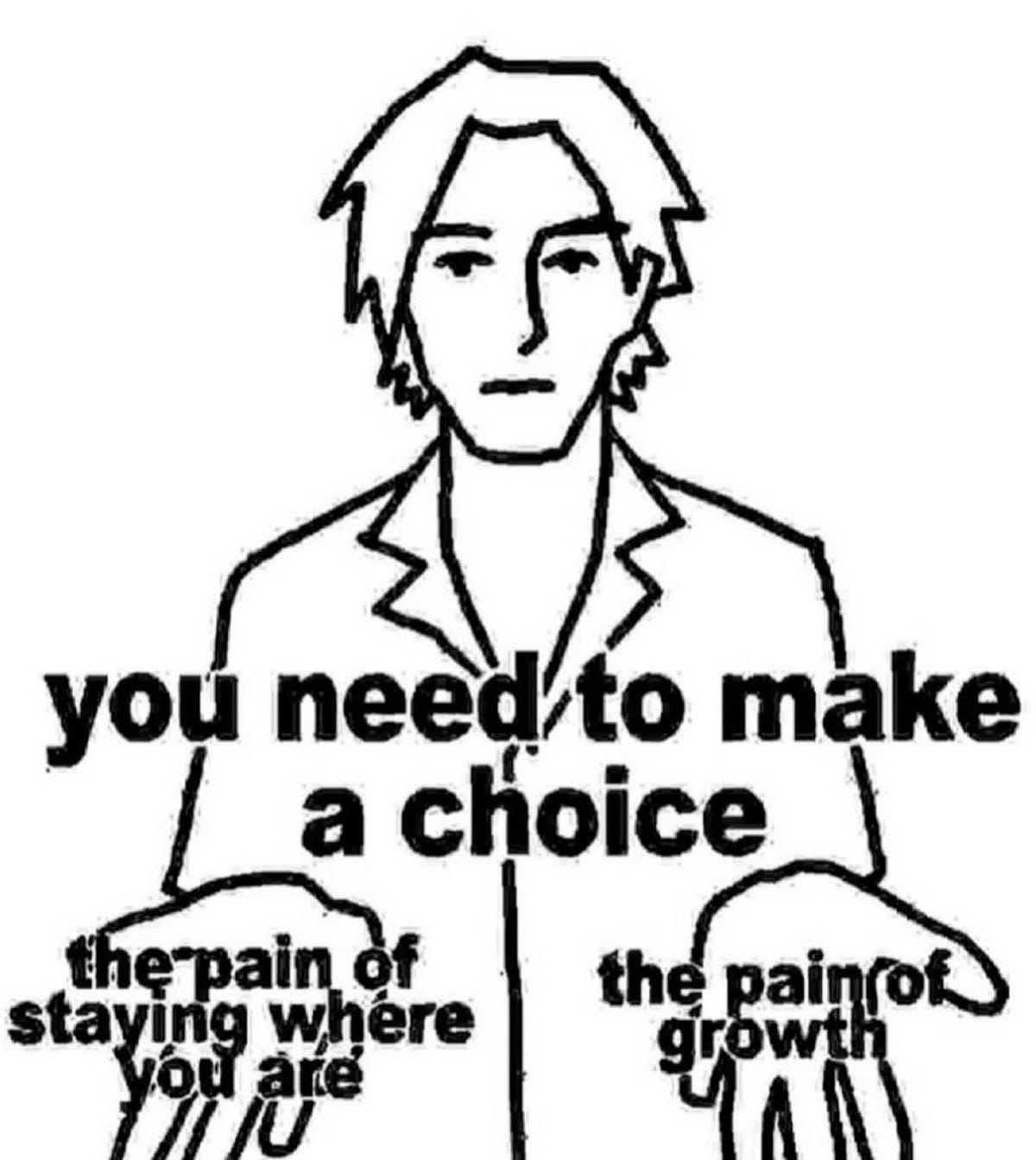How Seattle's RSI Support Group Ended
From their website:
The Seattle Repetitive Injury Support Team is a group of individuals who want to wipe out chronic Repetitive Strain Injuries (RSIs) such as tendinitis, thoracic outlet, and carpal tunnel.
After many years of meeting to discuss treatment and coping approaches, share stories and ideas, listen to invited speakers and discuss good ergonomics, we are excited to announce that we think we have finally found a cure for most RSI cases! We know that sounds too good to be true, but please read on.
Over the years our members have tried just about everything to cure their RSI, yet we saw the same faces at meetings. People were finding coping mechanisms (massage therapy being the most recommended), but every month there we were, still in pain and not recovered -- and this went on for literally years.
Then, out of the blue, Nate McNamara contacted us about the approach he had used to cure his RSI problem. He graciously flew up to Seattle at his own expense to speak to our group…
The essence of his approach was to recognize RSI as a form of TMS (Tension Myositis Syndrome). TMS, coined by Dr. John Sarno to describe common back pain, has a variety of possible physical symptoms. The theory is that the subconscious discovers that by reducing blood flow to various body parts it can cause pain and achieve its goal of suppressing unwanted emotions (through distraction). Sarno talks about suppressed anger, but stress and other related emotions can be a huge factor. Once you are in pain, the fear of becoming permanently disabled produces a vicious circle of fear and pain.
…
we have decided to stop meeting, and instead focus on a mentoring program where those who are pursuing the TMS approach assist others directly who also want to follow this treatment philosophy.
This account is very dear to my heart with my own journey through ‘repetitive strain injury’.
What I like about this story is how rare it is for an entire support group to dramatically shift their understanding of their condition. Groups tend to harden existing beliefs rather than embrace new paradigms. Yet here, one person's lived experience - Nate McNamara flying in to share his recovery story - made a clear difference in how a community of programmers understood and approached their pain.
Sarno works, even if his explanation isn’t totally sound. The Seattle RSI group provides a very clear example of this.



